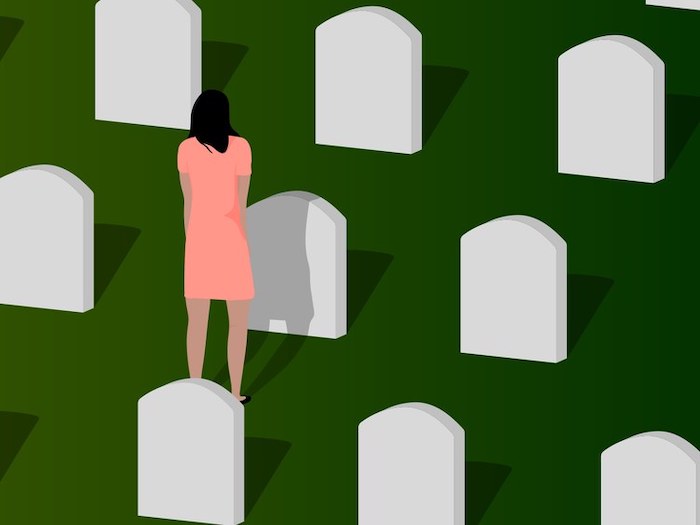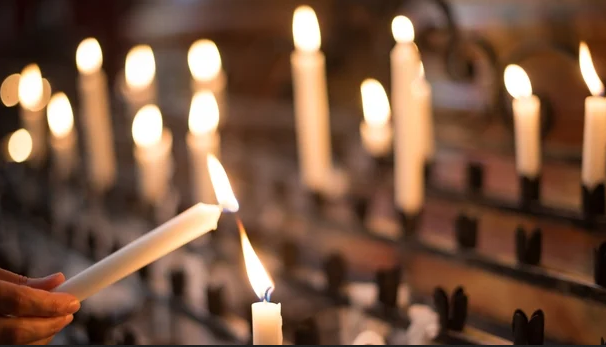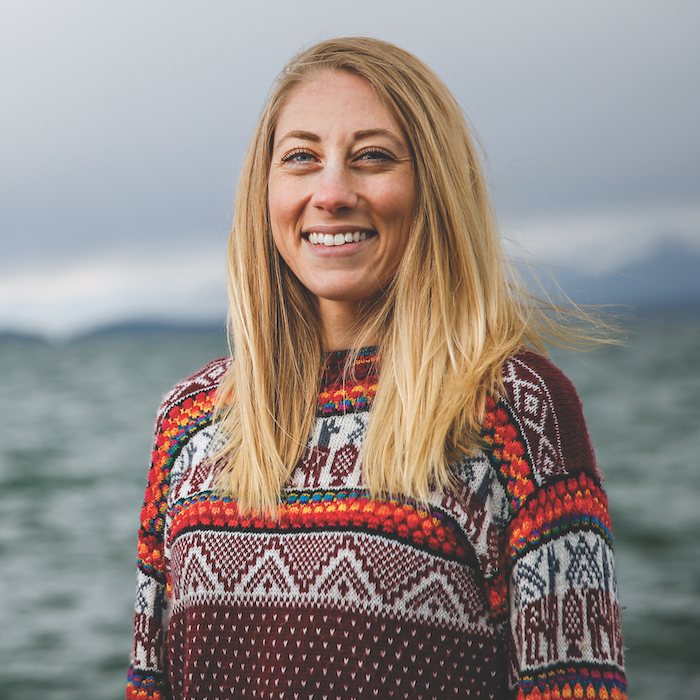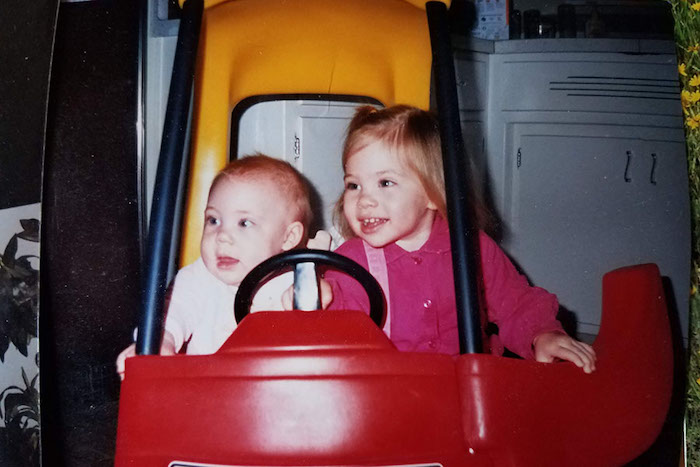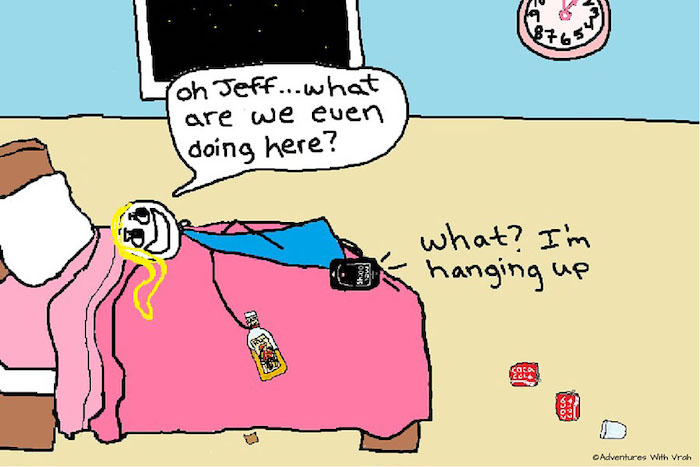
By Sandee LaMotte
The world has joined Queen Elizabeth II in sorrow over the loss Friday of her husband of seven decades, Prince Phillip, the Duke of Edinburgh, just two months shy of his 100th birthday.
The duo was a loving and close-knit couple. The Queen told guests at a luncheon on their 50th wedding anniversary that Phillip had “quite simply, been my strength and stay all these years.”
With the loss of what the Queen called her husband’s “constant love and help,” attention has now turned to the Queen’s well-being. The death of a loved one is a blow at any time, but losing a spouse after many years of togetherness can be especially difficult.
Studies have shown that surviving spouses can suffer from sleep disruption, depressive episodes, anxiety, impaired immune function, and overall poorer physical health.
For those concerned about the Queen in her time of great personal loss, many may be wondering if there is medical evidence of grief impacting one’s health.
Broken heart syndrome is real
Known as stress-induced cardiomyopathy, “broken heart” syndrome is a documented medical condition.
Broken heart syndrome occurs when the heart is stunned by sudden, acute stress and its left ventricle weakens. Instead of contracting into its normal arrowlike shape, the left ventricle fails to function, creating a more rounded, potlike shape.
First described in 1990 in Japan, a broken heart looks so much like a Japanese octopus trap called a takotsubo that doctors began calling the condition Takotsubo cardiomyopathy.
“The heart actually changes shape in response to acute emotional disruption, such as after the breakup of a romantic relationship or the death of a loved one,” New York cardiologist and author Dr. Sandeep Jauhar told CNN in a prior interview.
In most cases, however, when the acute emotional stress dissipates, the heart recovers and goes back to its normal shape, Jauhar said.
“But I’ve had patients who have developed acute congestive heart failure, life-threatening arrhythmias, even death from this condition,” Jauhar said. “I think it’s the clearest example of how our emotional lives directly affect our hearts.”
The syndrome is most commonly experienced by women (90% of cases are in women), by people with a history of neurological problems, such as seizures, and by people with a history of mental health problems.
‘Widowhood effect’
There is another medical reality that can occur when a long relationship ends, studies have shown.
“The increased likelihood for a recently widowed person to die — often called the “widowhood effect” — is one of the best documented examples of the effect of social relations on health,” wrote Dr. Nicholas Christakis, who runs the Human Nature Lab at Yale University and coauthor Felix Elwert, a professor of sociology at the University of Wisconsin, Madison, in a seminal 2008 study.
The risk of an elderly man or woman dying from any cause increases between 30% and 90% in the first three months after a spouse’s death, then drops to about 15% in the months that follow. The widowhood effect has been documented in all ages and races around the world.
Christakis and Elwert followed a representative sample of 373,189 older married couples in the United States from 1993 to 2002 and found that “widowhood does not raise the risk of all causes of death uniformly.”
When a partner died a sudden death, from say an accident or infection, the risk of death by the surviving spouse rose, the study found. The same was true for chronic diseases such as diabetes, chronic obstructive pulmonary disease (COPD) and lung or colon cancer that required careful patient management to treat or prevent.
However, if a spouse died from Alzheimer’s disease or Parkinson’s disease, there was no impact on the surviving partner’s health — possibly because the spouse had adequate time to prepare for the loss of their partner.
Regardless, “the death of a spouse, for whatever reason, is a significant threat to health and poses a substantial risk of death by whatever cause,” Christakis and Elwert wrote.
What can be done
Support is key to how well someone may cope with the death of a spouse. Many people find that grief counseling can help, according to the US National Institute on Aging.
In the United Kingdom, people can obtain psychological therapy without a referral from a general practitioner. The UK’s National Health Service suggests reaching out if you have had a low mood for more than two weeks or the methods you’re trying yourself are not helping.
The AARP (formerly known as the American Association of Retired Persons) also has these suggestions for survivors.
Don’t put on a brave front: Surround yourself with people for whom you don’t have to pretend to be OK. “Grieving is an act of great courage and strength; it is not for the weak,” the AARP said.
Be kind to yourself: Try to get enough rest. “The more significant the loss, the more profound it is and the longer the recovery process,” the AARP said.
Expect a range of emotions, not just grief: According to the AARP, “your feelings may run the gamut from sad to mad to despair to occasional glimpses of happiness — and back again. If you are able to feel only sad, you will get stuck in perpetual despair.”
Don’t hide from people: “Grief is a lonely enough process without also isolating yourself,” the AARP said. Try your best to connect to friends and family and let them help. “When caregivers embrace the idea that seeing friends makes them hardier, then they no longer suffer guilt over having fun,” the association said.
Complete Article ↪HERE↩!


